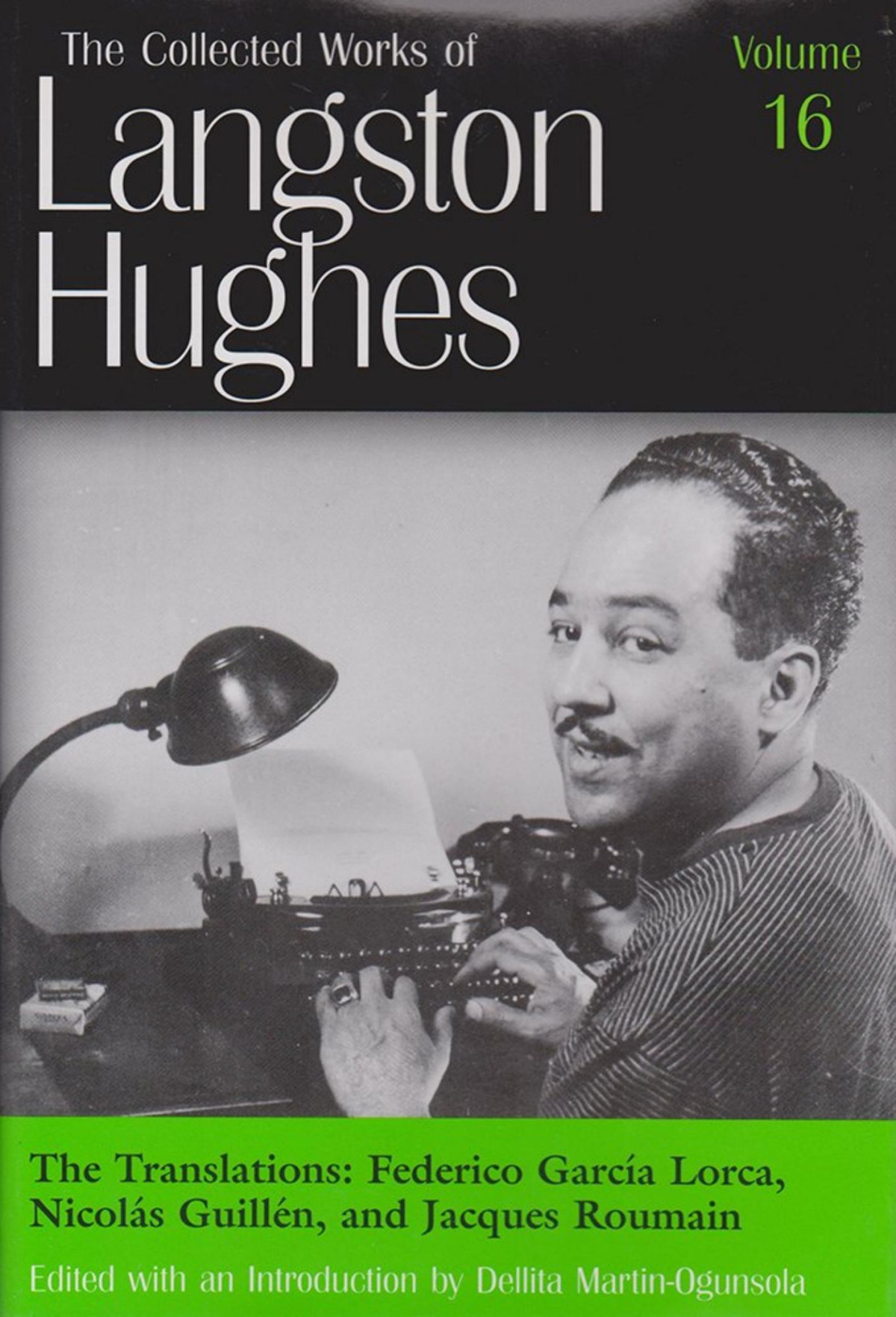

Most ebook files are in PDF format, so you can easily read them using various software such as Foxit Reader or directly on the Google Chrome browser.
Some ebook files are released by publishers in other formats such as .awz, .mobi, .epub, .fb2, etc. You may need to install specific software to read these formats on mobile/PC, such as Calibre.
Please read the tutorial at this link: https://ebookbell.com/faq
We offer FREE conversion to the popular formats you request; however, this may take some time. Therefore, right after payment, please email us, and we will try to provide the service as quickly as possible.
For some exceptional file formats or broken links (if any), please refrain from opening any disputes. Instead, email us first, and we will try to assist within a maximum of 6 hours.
EbookBell Team

0.0
0 reviewsBut this darkness is ultimately transformed by catharsis. Hughes was not a translator by profession, and he was definitely aware that to translate can be to betray. Moreover, when this passionately shy North American author engaged the works of several of his internationally acclaimed colleagues, he saw translation not as an end in itself, but as a means to something larger than his own life and works.
Hughes was concerned about the similarity of his experiences with those of writers from other cultures. His perennial longing for submersion into the "Big Sea" of black life—whether in the Americas, Europe, Asia, or Africa--prompted him to build bridges between himself and a national/international circle of writers. One of the most effective ways of doing so was to translate works by authors with whom he felt intimately connected and whose cultures illustrated essential correspondences with his own.
Bodas de sangre (1933), by the Spanish poet/playwright Federico García Lorca, who was brutally assassinated in 1936, is the story of a bridegroom and lover who fight to the death over the bride-to-be. Part of Hughes's therapy for the emotional scars and wounds that festered in his life was to make accessible a vital work by this Spanish writer who had also experienced alienation and marginality.
The poems by Nicolás Guillén that Hughes and Ben Frederic Carruthers translated as Cuba Libre (1948) reveal the mutual admiration and respect between Guillén and Hughes, but they also illustrate Hughes's affirmation of self, family, and community in the international arena. The title Cuba Libre was the original cry for freed